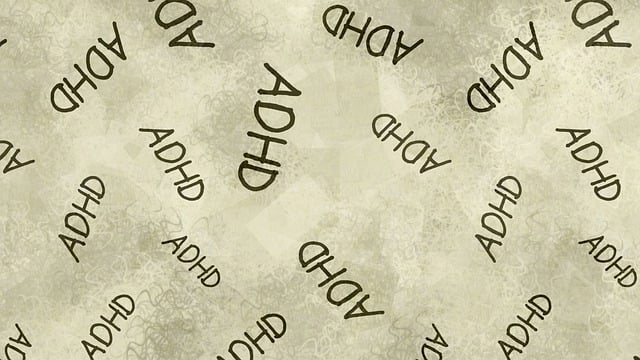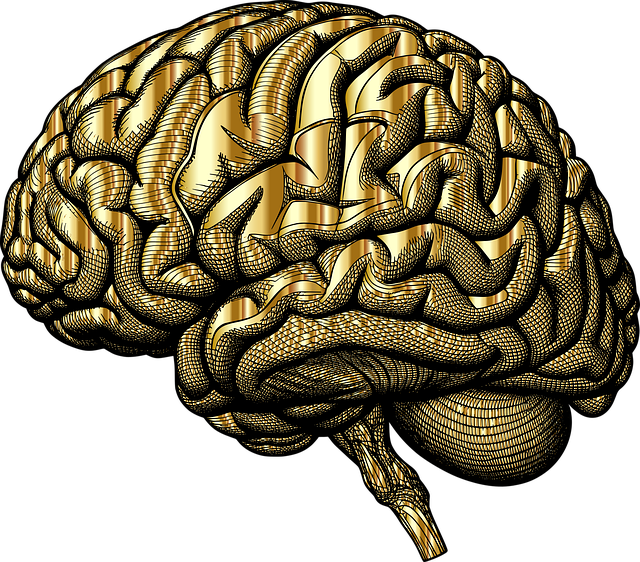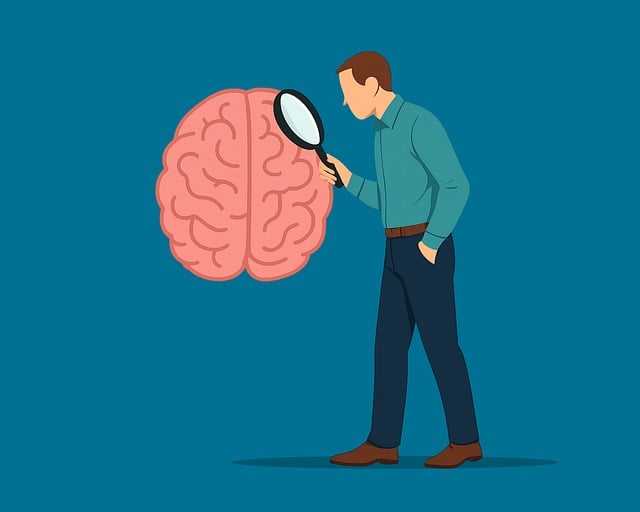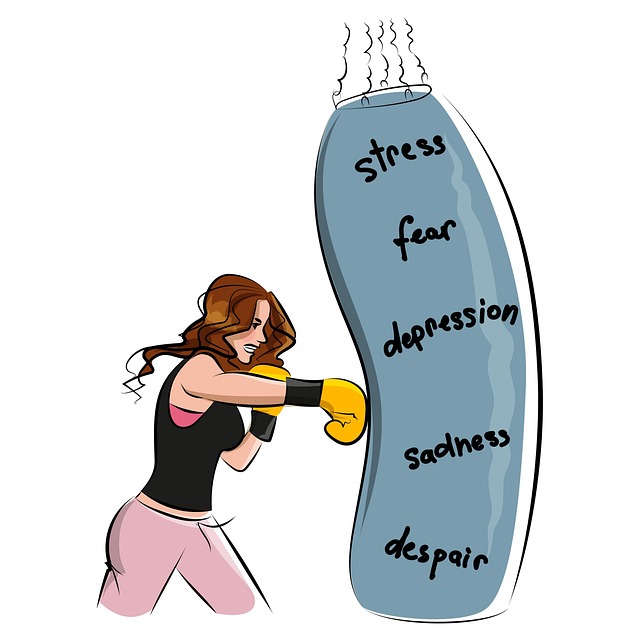Castle Rock Young Adults Therapy (CRYAT) offers a revolutionary approach to mental health assessment by prioritizing personalized tools that delve into individuals' unique emotional well-being. Their comprehensive self-assessment model considers psychological state, self-care, mental health awareness, and emotional healing processes, uncovering both overt and subtle distress indicators. CRYAT combines individual therapy with group activities, incorporating evidence-based practices like Compassion Cultivation through their Mental Wellness Podcast Series Production. They continually refine their tools based on client feedback and scientific validation to ensure accurate evaluations and personalized treatment plans for young adults seeking mental wellness support.
Mental wellness self-assessment tools play a crucial role in empowering individuals to take charge of their mental health. As recognized by the Castle Rock Young Adults Therapy model, personalized assessments are essential for accurate diagnosis and effective treatment. This article explores the development of such tools, from understanding the need for tailored solutions to integrating evidence-based practices for reliability. We delve into key factors that constitute a comprehensive self-assessment, including testing and feedback mechanisms, offering insights into refining your own tool, inspired by innovative models like Castle Rock Young Adults Therapy.
- Understanding Mental Wellness Self-Assessment: The Need for Personalized Tools
- Identifying Key Factors: What Makes a Comprehensive Self-Assessment?
- Developing the Castle Rock Young Adults Therapy Model: A Unique Approach
- Integrating Evidence-Based Practices: Ensuring Effectiveness and Reliability
- Testing, Feedback, and Iteration: Refining Your Self-Assessment Tool
Understanding Mental Wellness Self-Assessment: The Need for Personalized Tools

Understanding Mental Wellness Self-Assessment is a pivotal step in promoting personalized therapy and support for individuals, particularly young adults navigating life’s challenges at Castle Rock Young Adults Therapy. The traditional one-size-fits-all approach to mental health assessment often falls short of addressing the unique complexities and diverse needs of each person. This is where the development of tailored self-assessment tools becomes invaluable. By creating resources that consider individual differences, cultural backgrounds, and personal experiences, professionals can gain a more nuanced understanding of an individual’s mental wellness landscape.
Personalized self-assessment tools encourage individuals to reflect on their emotional well-being, coping mechanisms, and risk factors in their own terms. This may include exploring factors like stress management techniques, such as Mindfulness Meditation, or identifying specific Communication Strategies that resonate with them. Moreover, these tools can contribute to Mental Illness Stigma Reduction Efforts by fostering self-awareness and empowering individuals to seek help early on. Through such initiatives, the path to holistic mental wellness becomes more accessible and tailored to each person’s journey.
Identifying Key Factors: What Makes a Comprehensive Self-Assessment?

Identifying Key Factors: What Makes a Comprehensive Self-Assessment?
A comprehensive mental wellness self-assessment tool must capture a multifaceted view of an individual’s psychological and emotional state. At Castle Rock Young Adults Therapy, we’ve found that effective tools should assess not only symptoms but also underlying factors contributing to them. This involves delving into various aspects, including self-care practices, mental health awareness, and emotional healing processes. By considering these elements, professionals can gain a holistic understanding of an individual’s well-being, tailoring interventions accordingly.
A robust assessment should be designed to uncover both overt and subtle indicators of distress or resilience. It should prompt users to reflect on their daily routines, interpersonal dynamics, stress management strategies, and emotional responses. Incorporating these insights allows for personalized guidance and supports individuals in navigating their unique mental health journeys, fostering overall well-being.
Developing the Castle Rock Young Adults Therapy Model: A Unique Approach

The Castle Rock Young Adults Therapy Model emerges as a distinctive and promising approach to mental wellness self-assessment, tailored specifically for young adults. This innovative model goes beyond traditional therapy by integrating various evidence-based practices, including Compassion Cultivation Practices, designed to create a supportive environment that fosters resilience and emotional well-being. By combining individual therapy sessions with group activities, the Castle Rock Model encourages peer support and shared experiences, recognizing the profound impact social connections have on mental health.
This unique approach prioritizes risk management planning for mental health professionals, ensuring they are equipped to address the complex needs of young adults. Through a multi-faceted strategy that incorporates mindfulness exercises, skills development, and community engagement, the Castle Rock Young Adults Therapy Model offers a holistic solution to promoting mental wellness. Additionally, this model can be enhanced by incorporating elements from Mental Wellness Podcast Series Production, leveraging multimedia resources to provide accessible and engaging content for self-assessment and therapeutic support.
Integrating Evidence-Based Practices: Ensuring Effectiveness and Reliability

Integrating evidence-based practices is a cornerstone in developing effective and reliable self-assessment tools for mental wellness. At Castle Rock Young Adults Therapy, we recognize that combining scientifically validated methods with practical application yields the best outcomes for our clients. This approach ensures that the self-assessment tool not only accurately evaluates mental health conditions but also provides actionable insights for personalized treatment plans. By adhering to evidence-based practices, therapists and mental health professionals can improve diagnosis accuracy and enhance client care, ultimately fostering better mental wellness outcomes.
Incorporating strategies like Risk Management Planning for Mental Health Professionals is crucial within this framework. This involves proactively identifying potential risks associated with the self-assessment process itself and implementing measures to mitigate them. For instance, tools that incorporate Mind Over Matter Principles can empower individuals to take control of their mental health by fostering resilience and coping mechanisms. Such an integrated approach not only enhances the reliability of the assessments but also prepares professionals to address broader client needs, contributing to a more holistic and effective therapeutic journey.
Testing, Feedback, and Iteration: Refining Your Self-Assessment Tool

Effective self-assessment tools require continuous testing and refinement to ensure they accurately measure mental wellness among young adults. The initial development phase involves gathering a diverse range of responses through pilot tests with Castle Rock Young Adults Therapy clients, covering various demographics and experiences. This iterative process is crucial for identifying any biases or gaps in the tool’s effectiveness.
Feedback from participants plays a pivotal role in enhancing the self-assessment’s accuracy and usability. Therapists at Castle Rock Young Adults Therapy can provide valuable insights by analyzing responses and identifying areas where emotional well-being promotion techniques or trauma support services might be better integrated. Regular updates based on this feedback ensure that the tool remains relevant, sensitive, and impactful in promoting mood management among young adults seeking therapy.
The development of effective mental wellness self-assessment tools is a crucial step towards personalized support for young adults. By integrating evidence-based practices, such as those found in the Castle Rock Young Adults Therapy Model, we can create comprehensive assessments that accurately evaluate key factors related to mental health. Through iterative testing and feedback, these tools become increasingly refined, ensuring reliability and enhancing the ability to cater to individual needs. This process empowers young adults to take an active role in their mental wellness journey, ultimately fostering better outcomes.











